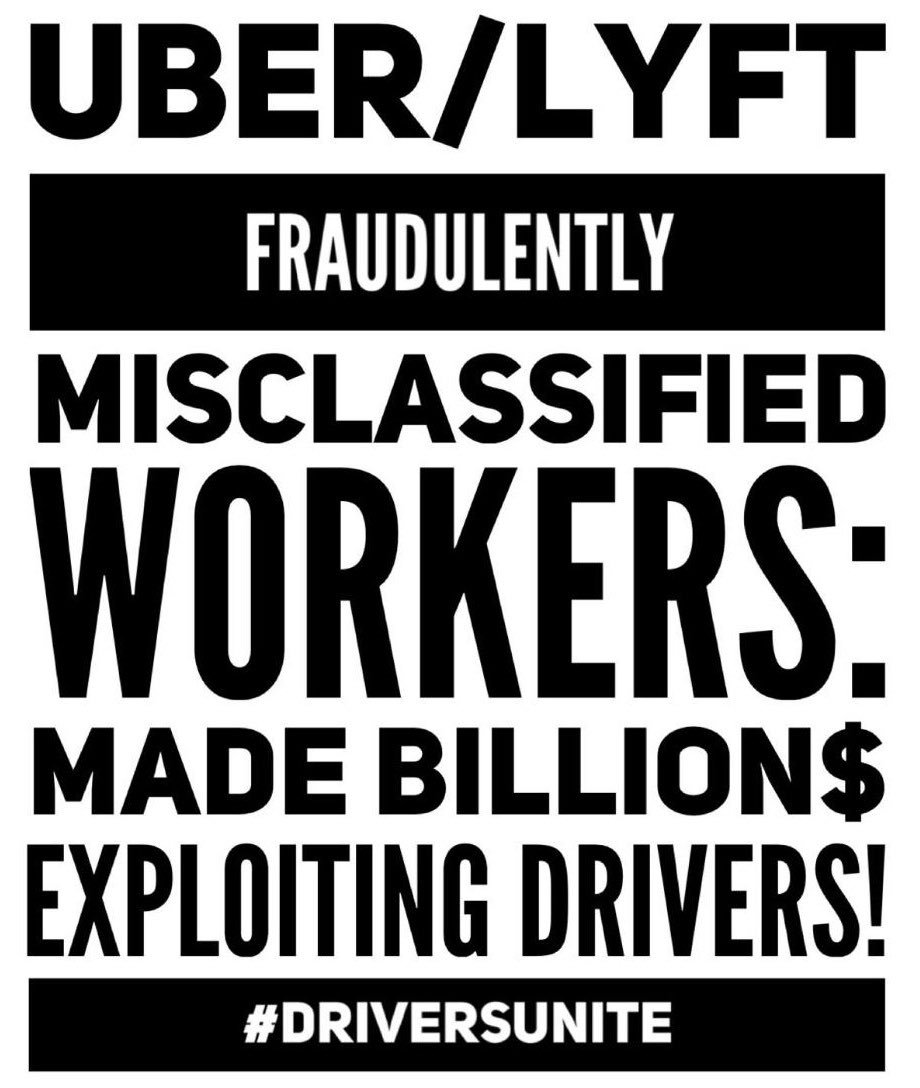
One of the many potholes of the "gig economy" is that the "independent contractor" label is a tool to avoid what remains of legislative protection of workers rights. Prime among those rights are workers compensation benefits, employer health insurance plans, and the wage and hour laws mandating minimum wages and premium overtime pay. In the atomized workplace of the "world wide web" the independent contractor scheme must be fought in the courts and the legislatures. California's Assembly Bill 5 is of course the cutting edge.
The United States Court of Appeals for the Third Circuit - which last year refused to enforce a mandatory arbitration clause for Uber drivers - has now taken the next step.
In a precedential opinion Judge Joseph Greenaway, for a unanimous panel, has reversed a grant of summary judgment in the putative class action Razak v. Uber Technologies, Inc. Drivers for Uber, while online, cannot respond to calls from other apps, the court notes. It further explains that there is much in the record to support the argument that drivers relying on the UberBLACK app are subject to the online giant's control:
“The district court, in this case, ruled that this factor strongly favored independent contractor status because drivers could be strategic in determining when, where, and how to utilize the Driver App to obtain more lucrative trip requests and to generate more profits,” Greenaway said. “Plaintiffs could also work for competitors and transport private clients. However, other material facts reveal that there was and still is a genuine dispute. For example, Uber decides (1) the fare; (2) which driver receives a trip request; (3) whether to refund or cancel a passenger’s fare; and (4) a driver’s territory, which is subject to change without notice.”
For this and other reasons summary judgment was improperly granted - as there is a substantial factual dispute. The 3rd Circuit therefore vacated the summary judgment and remanded the case to the trial court. - gwc

No comments:
Post a Comment